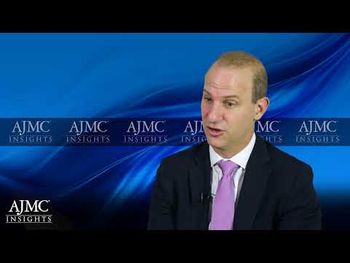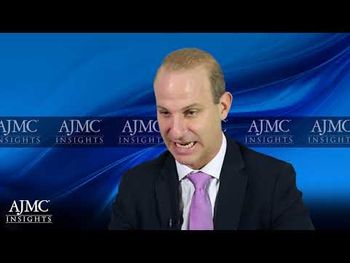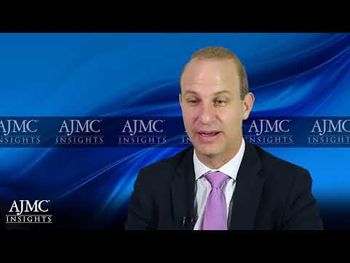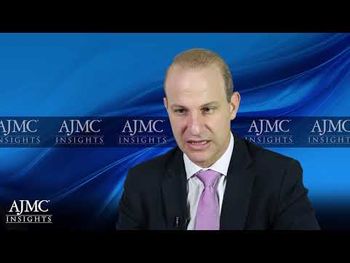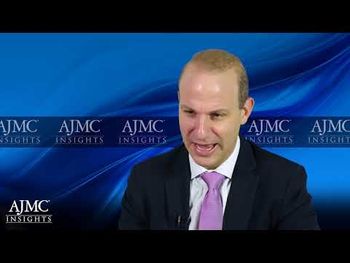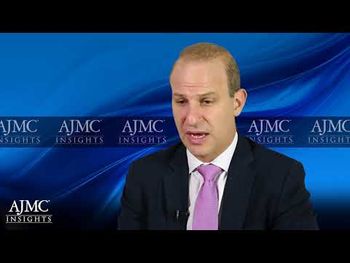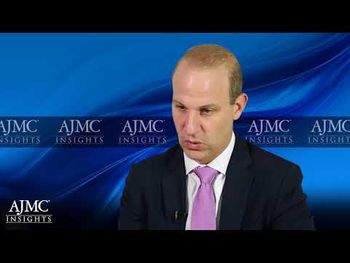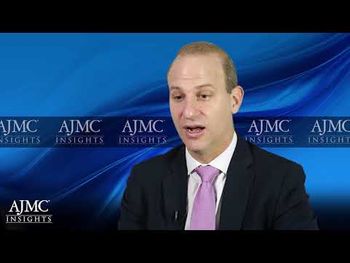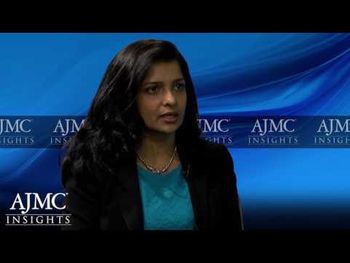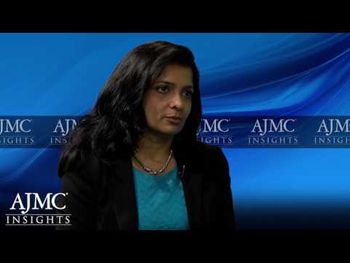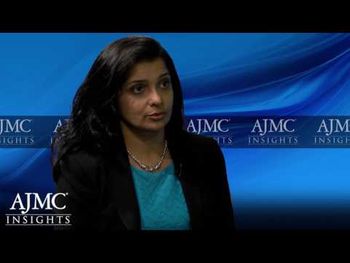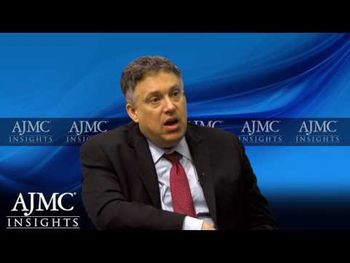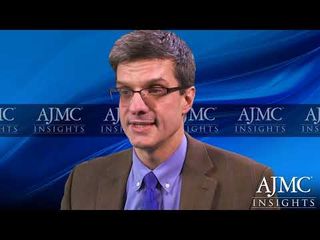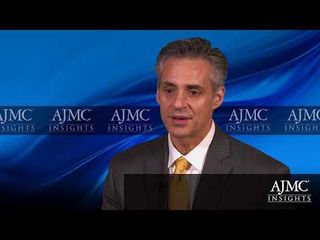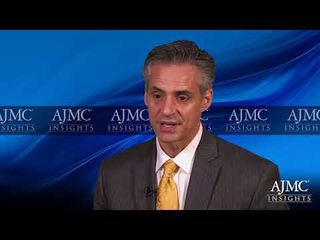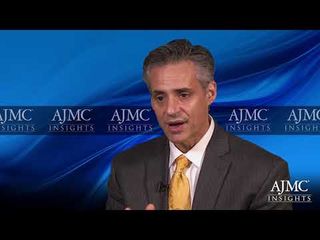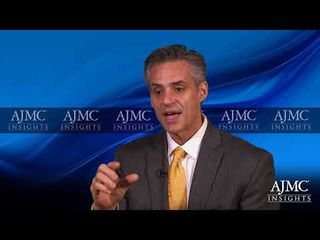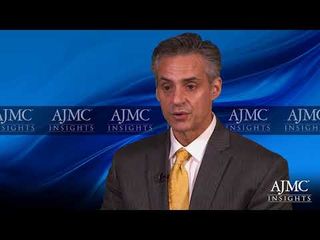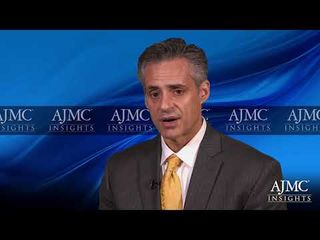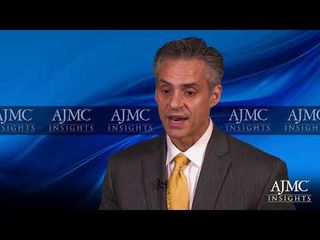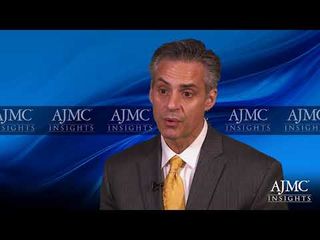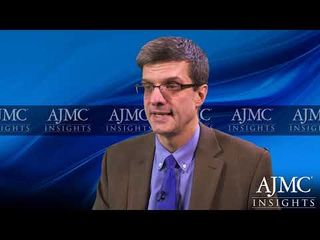
Clinical Pathways
Latest News
Latest Videos

More News

In recent years, testing for the BRCA1/2 gene mutations has increased among women in both metropolitan and nonmetropolitan areas, helping to drastically reduce the gap in testing rates between the groups.

According to a new study published in Cancer, an annual screening mammogram starting at age 40 has the greatest impact on reducing mortality.
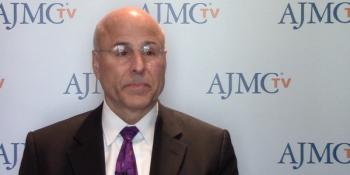
Value frameworks are tools used to clarify cost-benefit tradeoffs in healthcare decisions, which means they can look very different depending on their intended audience, according to Clifford Goodman, PhD, moderator at the ACO Coalition spring live meeting in Scottsdale, Arizona, and senior vice president and director at the Center for Comparative Effectiveness Research at the Lewin Group.

A new liquid biopsy test that uses flow cytometry to detect cancer cells has been FDA approved for chronic leukemia, acute leukemia, non-Hodgkin lymphoma, myeloma, myelodysplastic syndrome, and myeloproliferative neoplasms.

Tort reform has been on doctors' wish lists for decades. Supporters of reform say it would reduce frivolous claims and stop doctors from practicing defensive medicine, while some consumer groups say doctors should not be insulated from liability for egregious errors.

On June 14, 2017, The Institute for Clinical and Economic Review (ICER) added a “New Evidence Update” to the 2015 review of the comparative clinical effectiveness and value of PCSK9 inhibitors for management of high cholesterol.

Updated results from the POLLUX and CASTOR trials, presented at the 2017 American Society of Clinical Oncology Annual Meeting, have found that including daratumumab in standard-of-care regimens prolonged progression-free survival (PFS) and improved the depth of response, independent of the patients’ cytogenetic risk.

Patients with metastatic non-small cell lung cancer (NSCLC) who have a rearrangement in the anaplastic lymphoma kinase (ALK) gene now have a first-line option: ceritinib.

A year-long collaboration between a health consultancy and a think tank has resulted in the first draft of a framework that considers the value of healthcare services from the patient’s perspective.

A new study indicates that a technology-based intervention could help patients make informed decisions about cancer screening.
